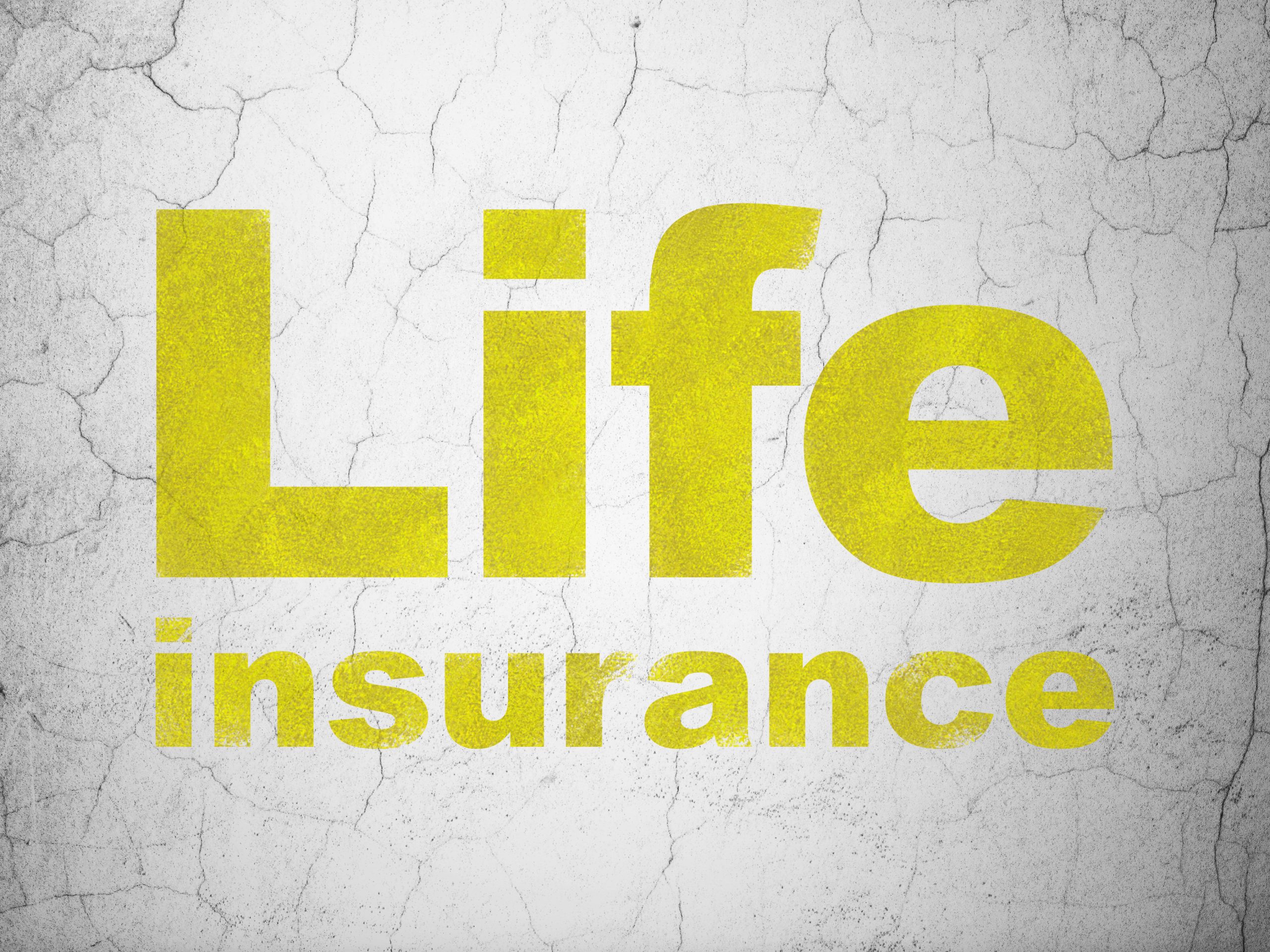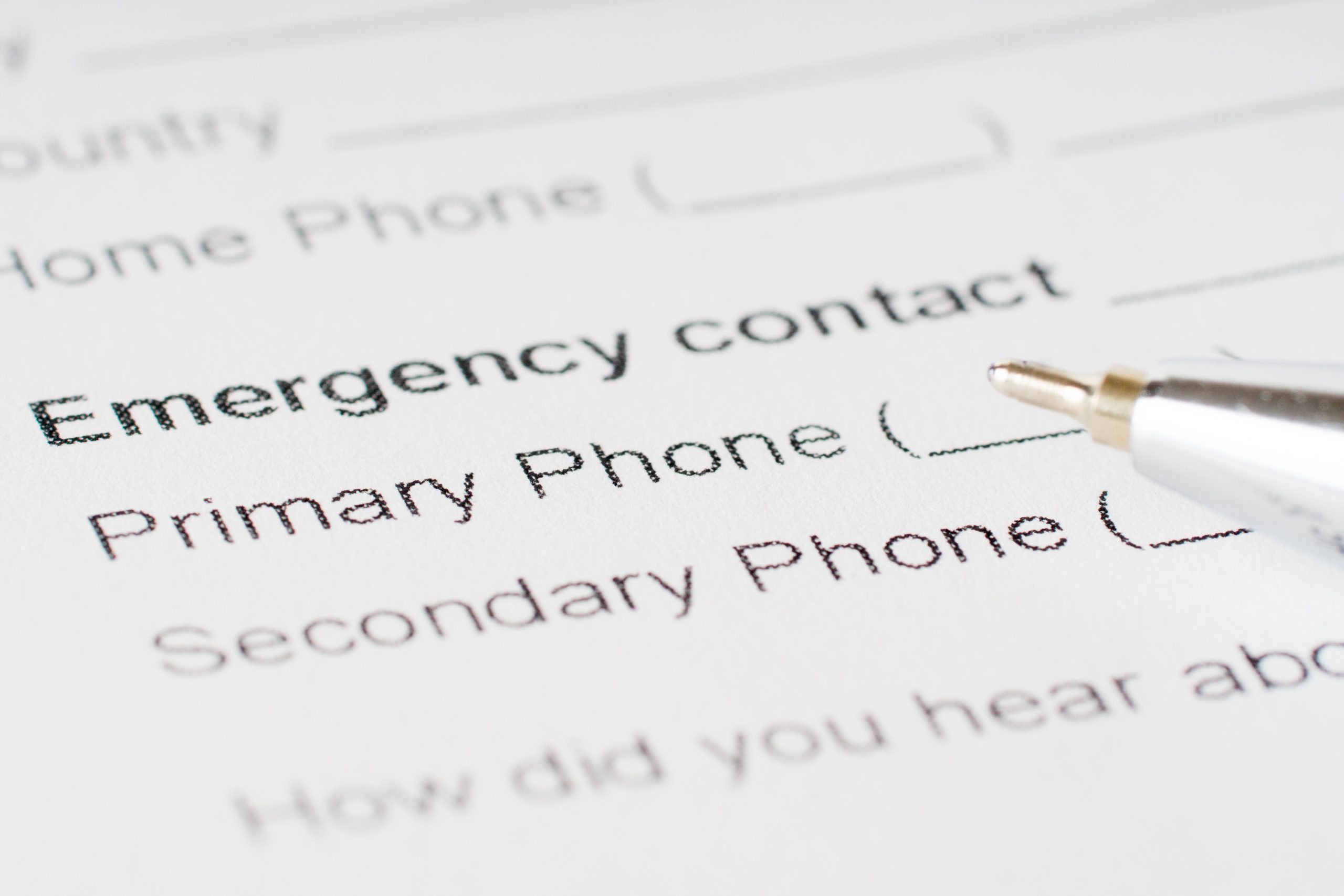
123rf
Planning for the future of your newborn in the event of your untimely demise is a daunting but necessary task. Ensuring that you have the right documents in place can provide security and clear directions for the care and support of your child. Here’s a list of essential documents you should prepare.
1. Will

123rf
A will is paramount as it outlines your desires for the distribution of your assets and the guardianship of your child. You can specify who you wish to care for your newborn and how you want your assets to be managed. This document helps prevent legal battles among relatives and ensures your wishes are honored. Without a will, the state decides who cares for your child, which might not align with your preferences. It’s advisable to consult with a lawyer to ensure the will is legally binding and comprehensive. Updating your will as circumstances change is also crucial.
2. Trust

123rf
Setting up a trust can be an effective way to manage the assets you leave for your newborn. A trust allows you to set conditions on how and when your assets are distributed. This is especially useful for ensuring financial stability and care for your child over the years. You can appoint a trustee who will manage the assets and use them according to your instructions. Trusts can also help minimize estate taxes and can be structured to avoid probate. Reviewing the trust periodically with your attorney ensures it meets your evolving family needs.
3. Guardianship Documentation

123rf
Documenting your choice of guardian is crucial if the worst were to happen. This document should be detailed, reflecting your choice of who will raise your child in your absence. Discuss this decision with the potential guardian to ensure they are willing and able to take on the responsibility. Legal documentation of guardianship helps avoid custody issues with the state or family members. It’s wise to name an alternate guardian as well, in case your first choice is unable to serve. Keeping this document updated and in sync with your will is necessary.
4. Life Insurance Policy

123rf
A life insurance policy ensures that there is financial support available for your child’s upbringing and education. Choosing the right policy involves assessing the future needs of your child and the expected costs of upbringing. The beneficiary of the policy should be a trust or a guardian you trust to use the money for the benefit of your child. Review and adjust your policy as your financial situation or family structure changes. It’s also a good idea to discuss the details of this policy with the guardian of your child. Keeping the policy information accessible and in a safe place is important.
5. Letter of Instruction

123rf
A letter of instruction is a non-legal document that provides additional details about your wishes. It can include instructions on child rearing, your values and the type of education you wish for your child. This letter can guide the guardian in making decisions in line with your parenting philosophy. It can also include practical information like account passwords and the location of important documents. Although not legally binding, it serves as a helpful guide for guardians. Regular updates to this letter ensure it remains relevant.
6. Medical Directive

123rf
A medical directive is important for making healthcare decisions if you become incapacitated before passing away. This document can also include decisions about your newborn’s health care preferences and any important health information. Ensuring that the guardian has access to this directive is crucial for the immediate care of your child. It can specify treatments you approve of and those you do not. A pediatrician can help you draft a comprehensive health care directive. Keeping this document with other vital records ensures it is easily accessible when needed.
7. Emergency Contact List

123rf
An emergency contact list is essential for the immediate aftermath of an unexpected event. It should include contact information for all individuals and entities related to your child’s care, such as relatives, potential guardians, doctors, and your attorney. This list aids the temporary caretaker in contacting the right people without delay. Make sure it is updated regularly and stored with your other important documents. Copies should be given to trusted family members or friends. This document ensures your child is never left in a care vacuum.
8. Power of Attorney

123rf
A power of attorney can authorize someone to manage your affairs if you’re unable to do so yourself. This can include financial decisions or everyday caregiving tasks for your newborn. It’s crucial to choose someone you trust implicitly for this role. The document should be specific about the powers granted and under what circumstances it can be enacted. It’s also sensible to have a backup person listed in this document. Reviewing this power of attorney periodically ensures it aligns with your current wishes.
Ensuring Your Legacy and Your Newborn’s Future

123rf
Preparing these eight essential documents ensures that your newborn’s future is secure, even in your absence. It’s a proactive approach that provides peace of mind, knowing that your child’s care and upbringing are arranged according to your wishes. Regularly reviewing and updating these documents with the help of legal and financial advisors is key to keeping your plan effective and relevant.

Latrice is a dedicated professional with a rich background in social work, complemented by an Associate Degree in the field. Her journey has been uniquely shaped by the rewarding experience of being a stay-at-home mom to her two children, aged 13 and 5. This role has not only been a testament to her commitment to family but has also provided her with invaluable life lessons and insights.
As a mother, Latrice has embraced the opportunity to educate her children on essential life skills, with a special focus on financial literacy, the nuances of life, and the importance of inner peace.